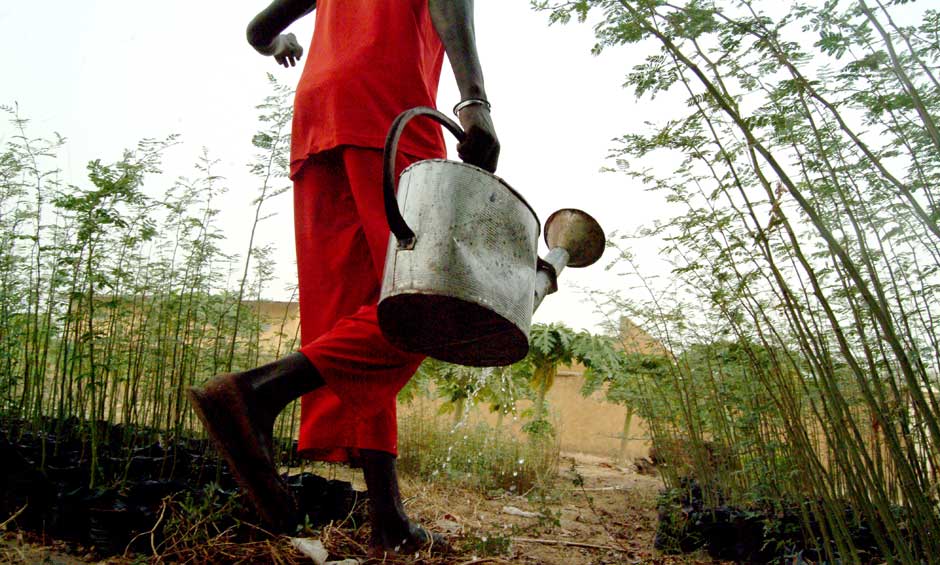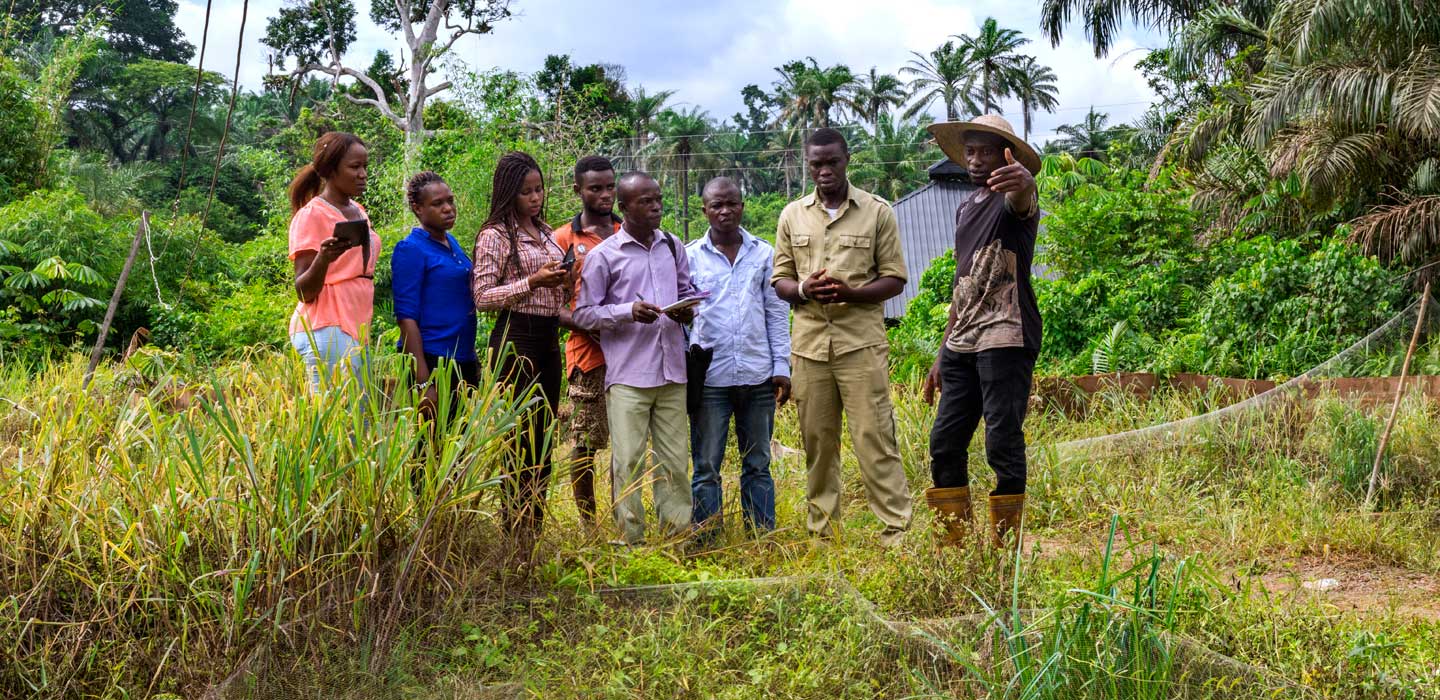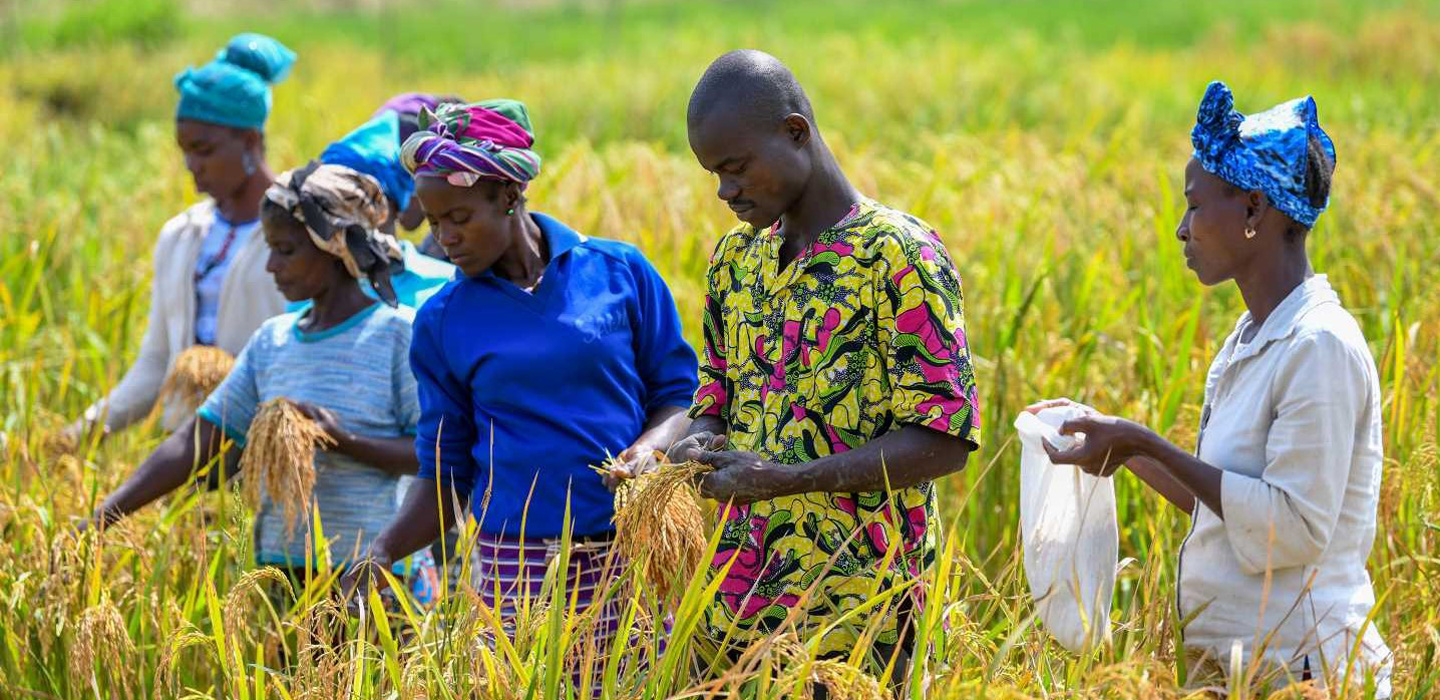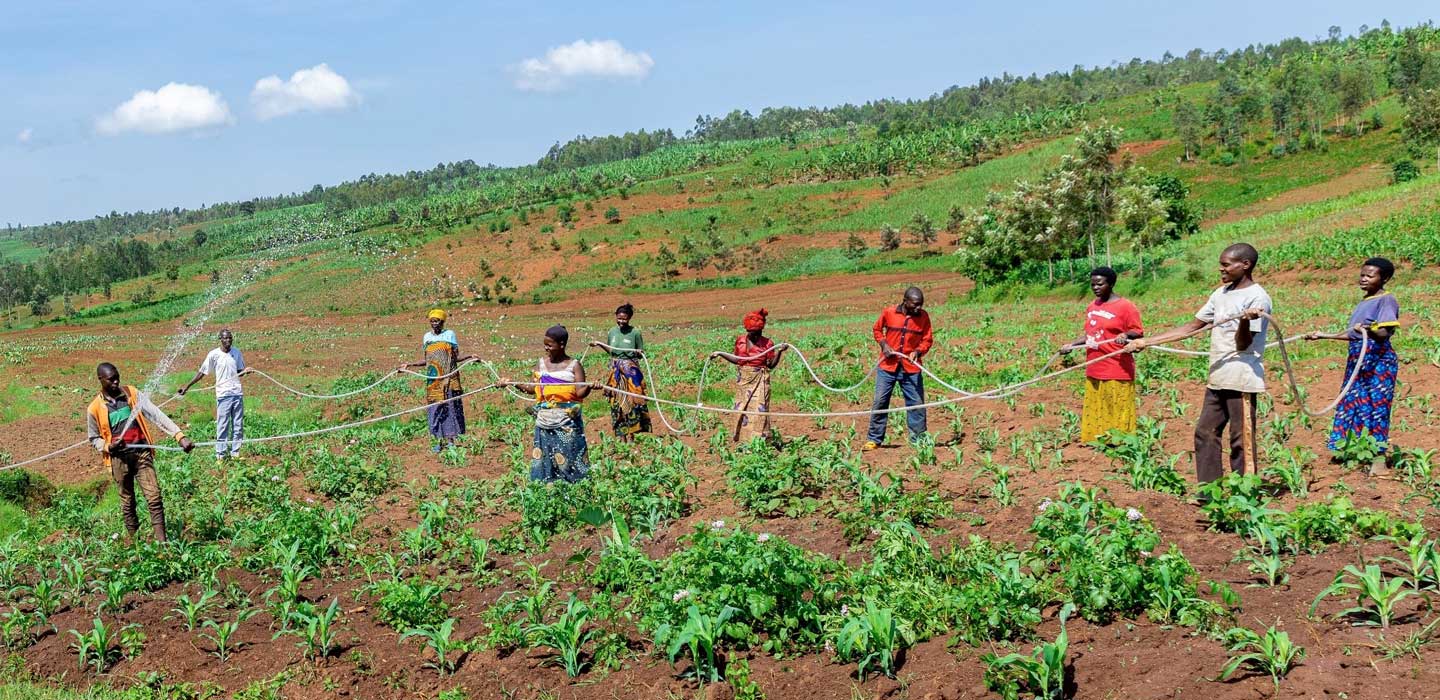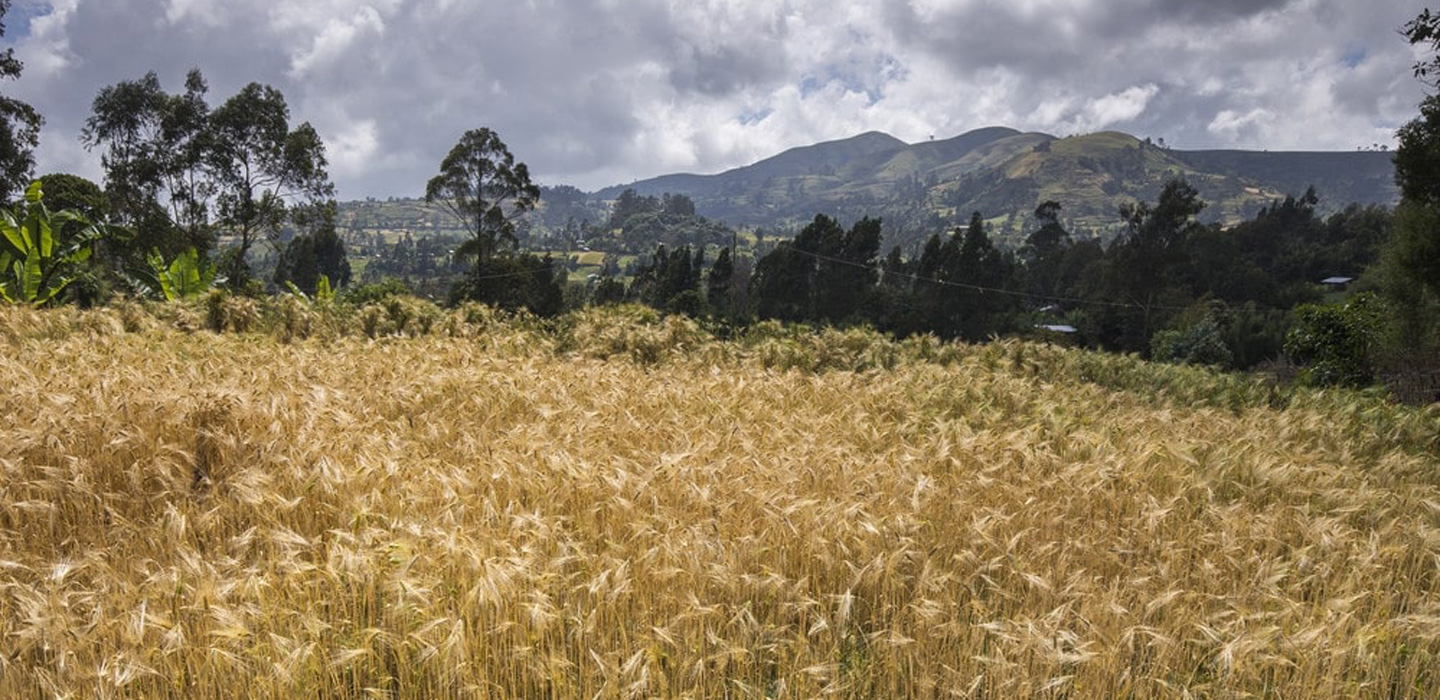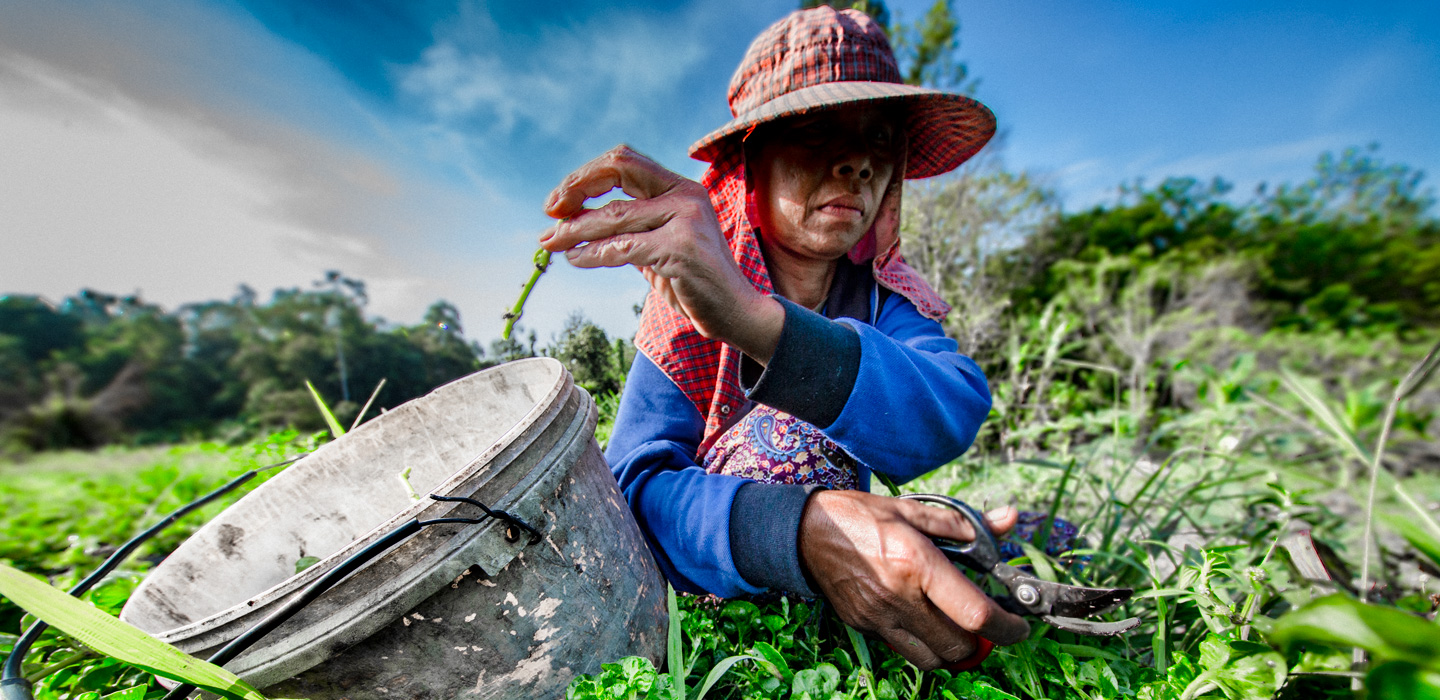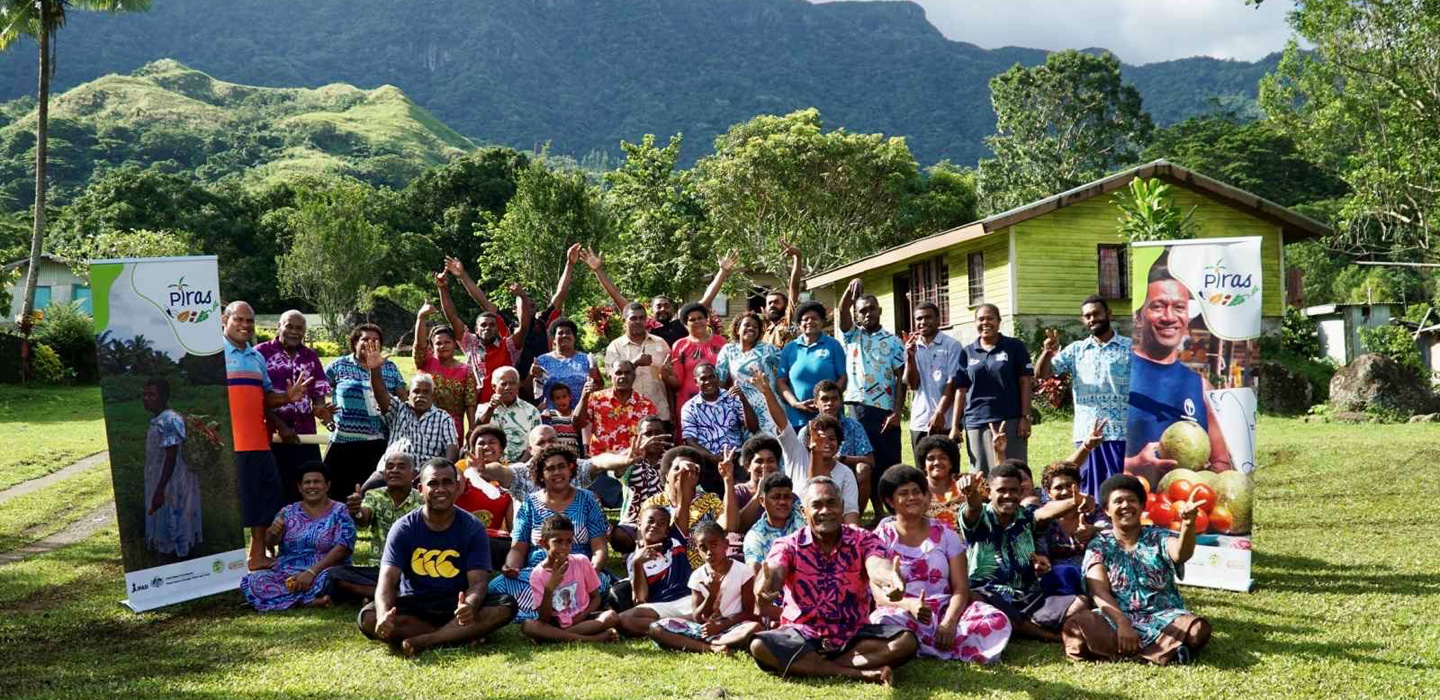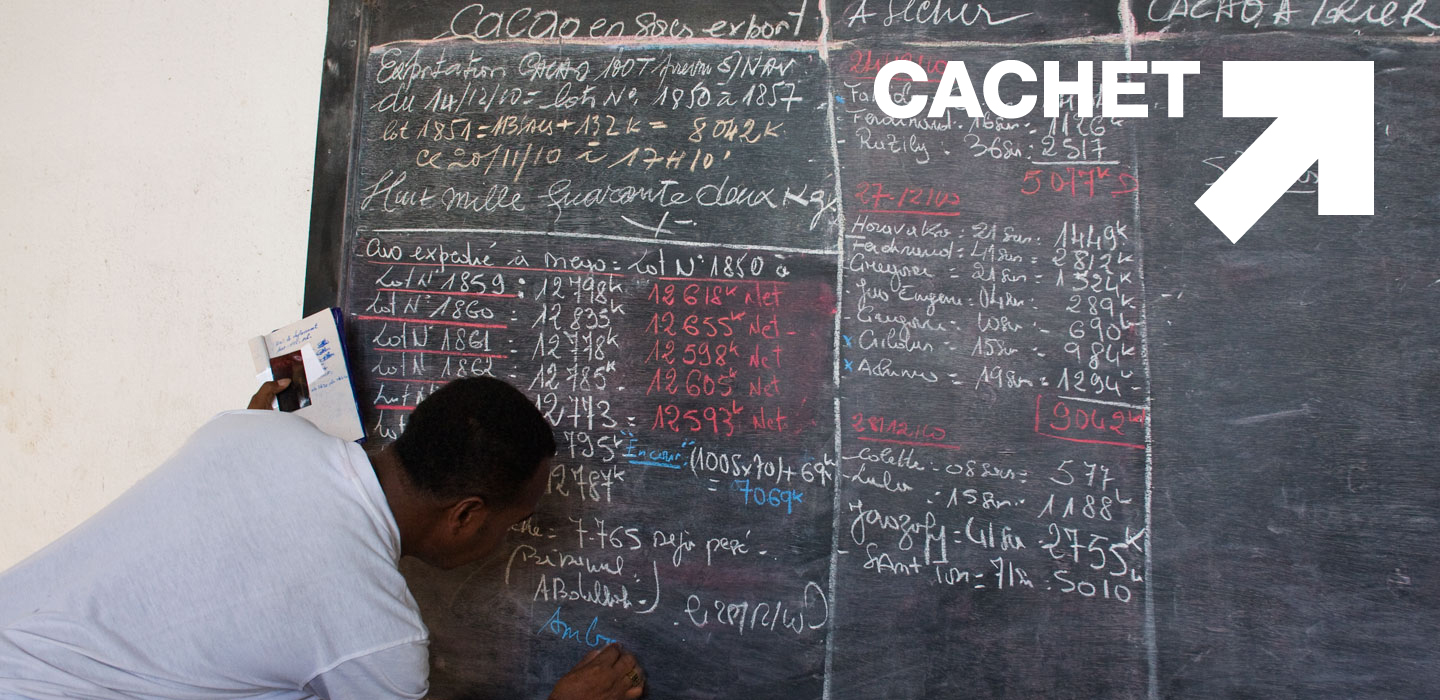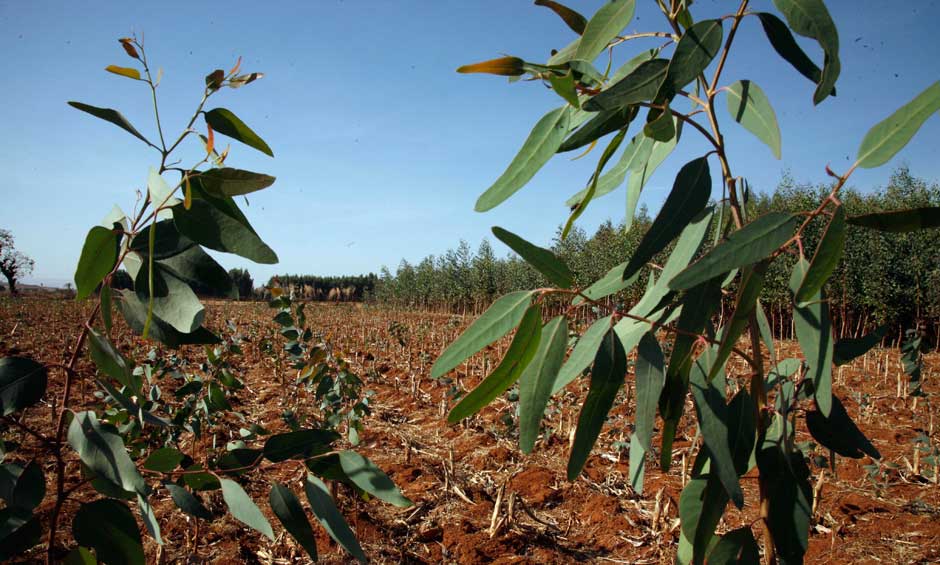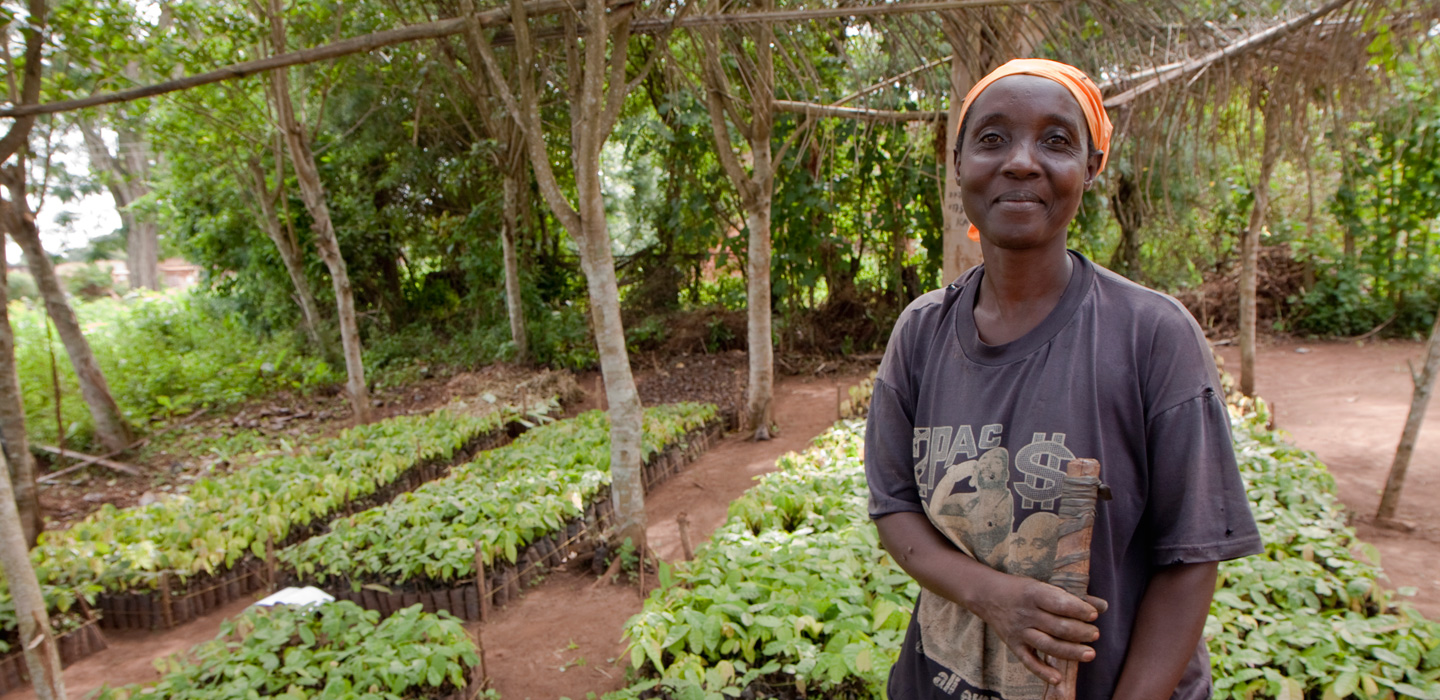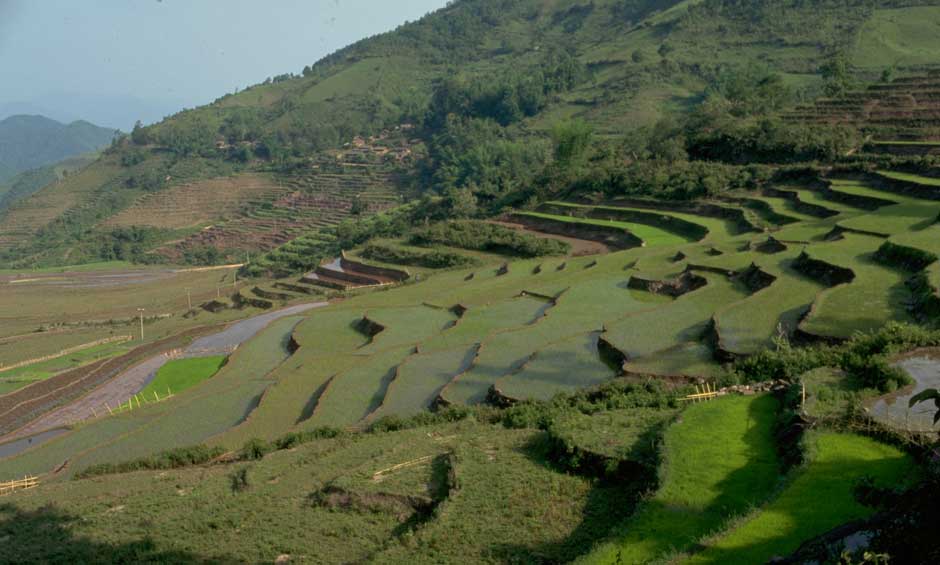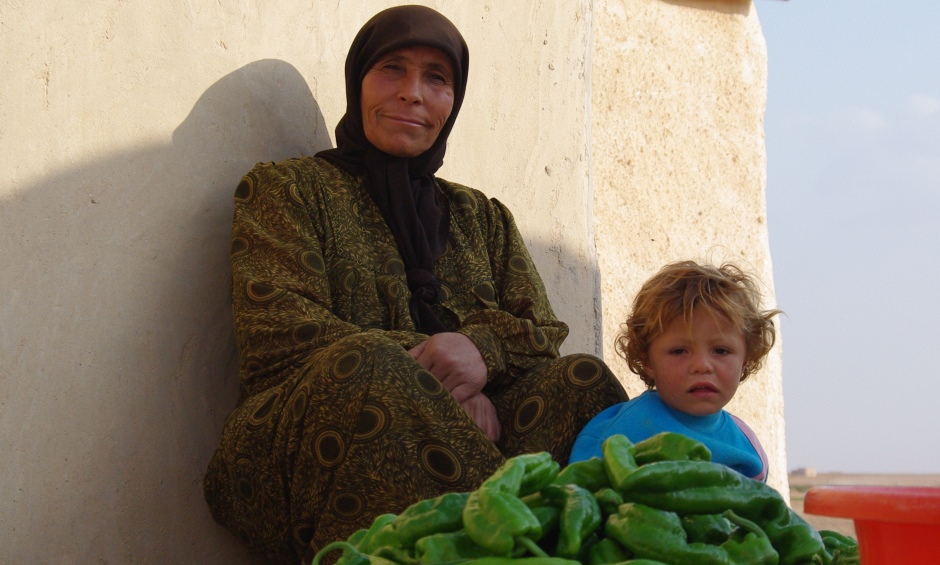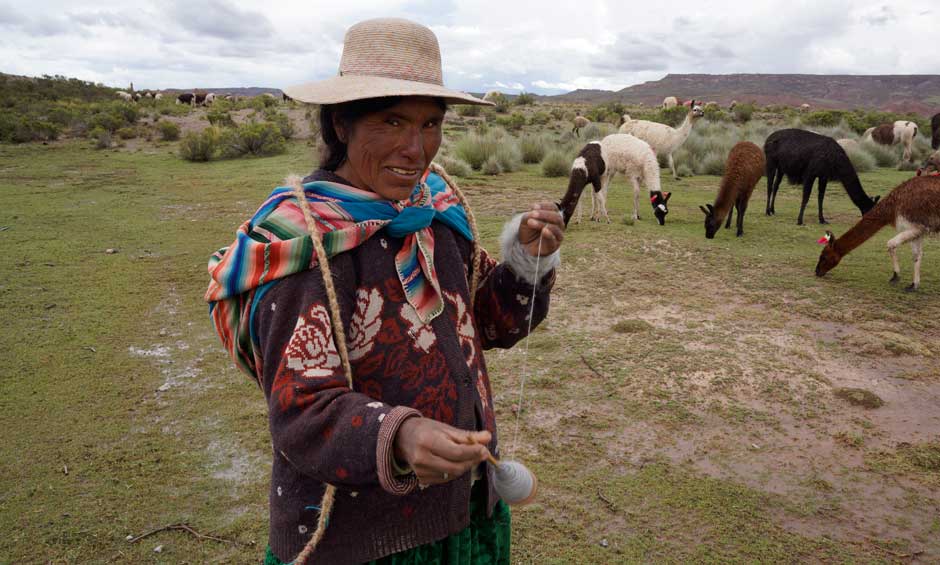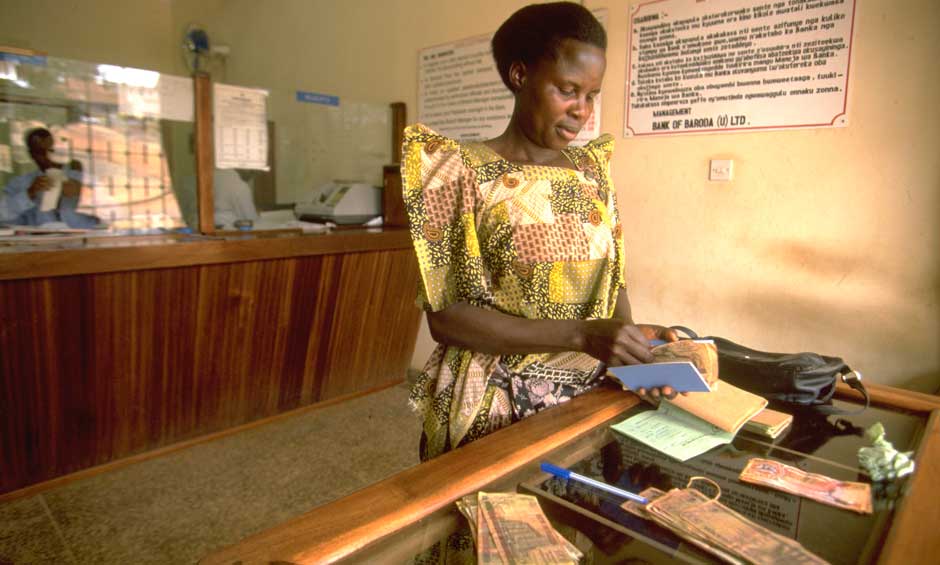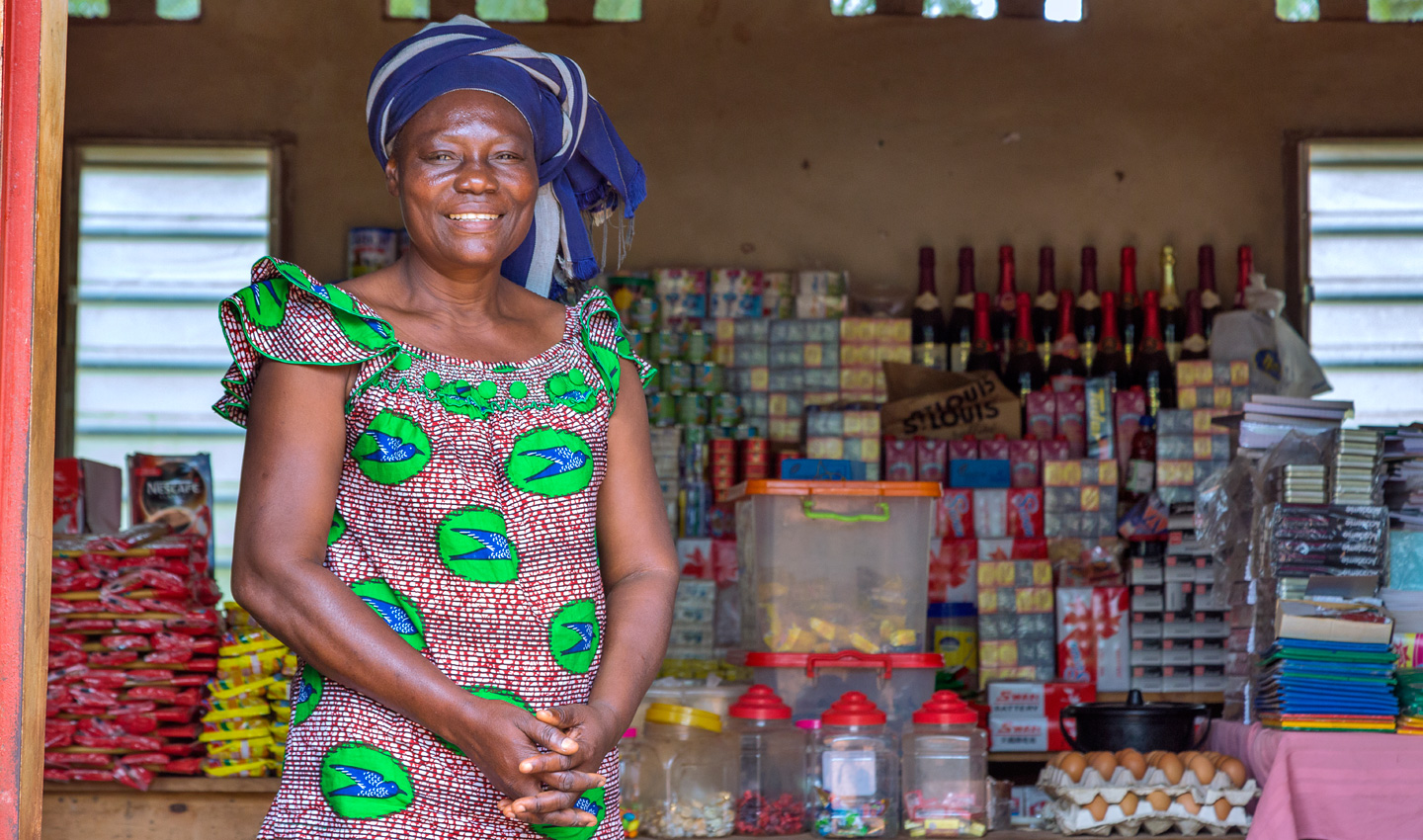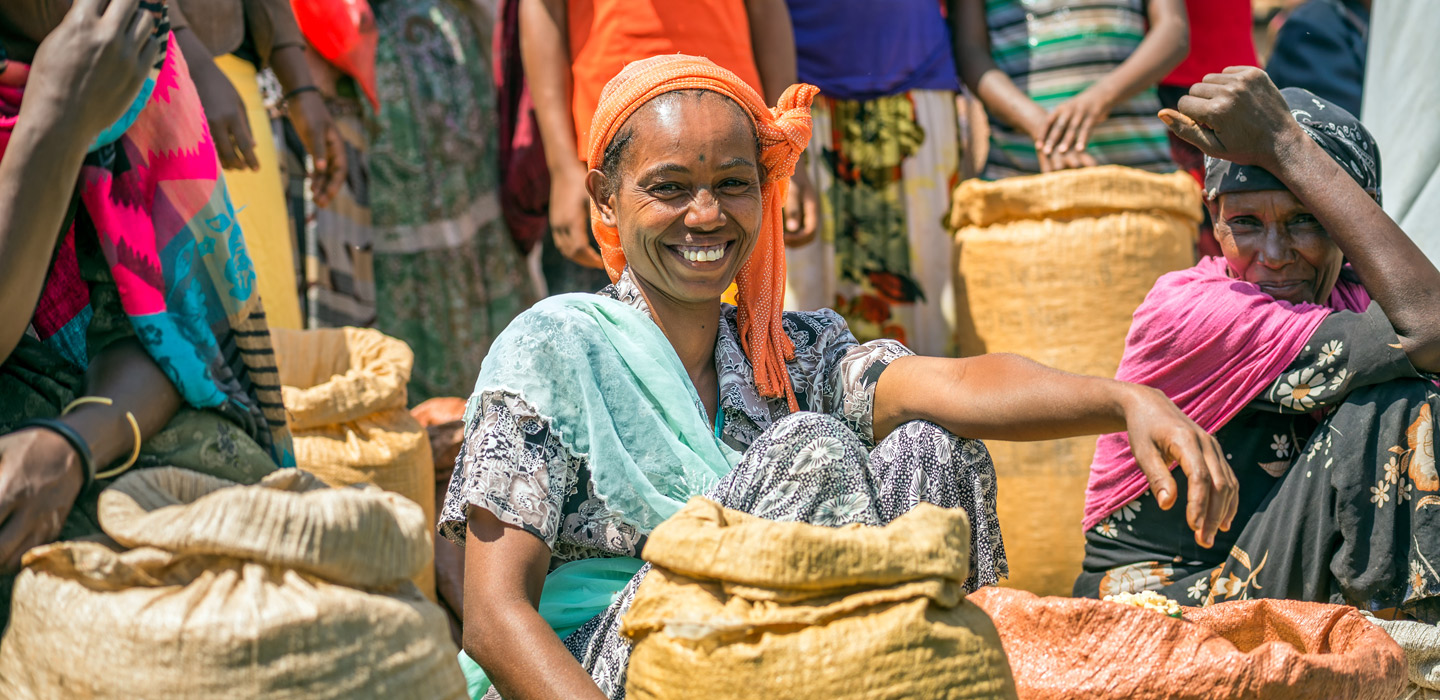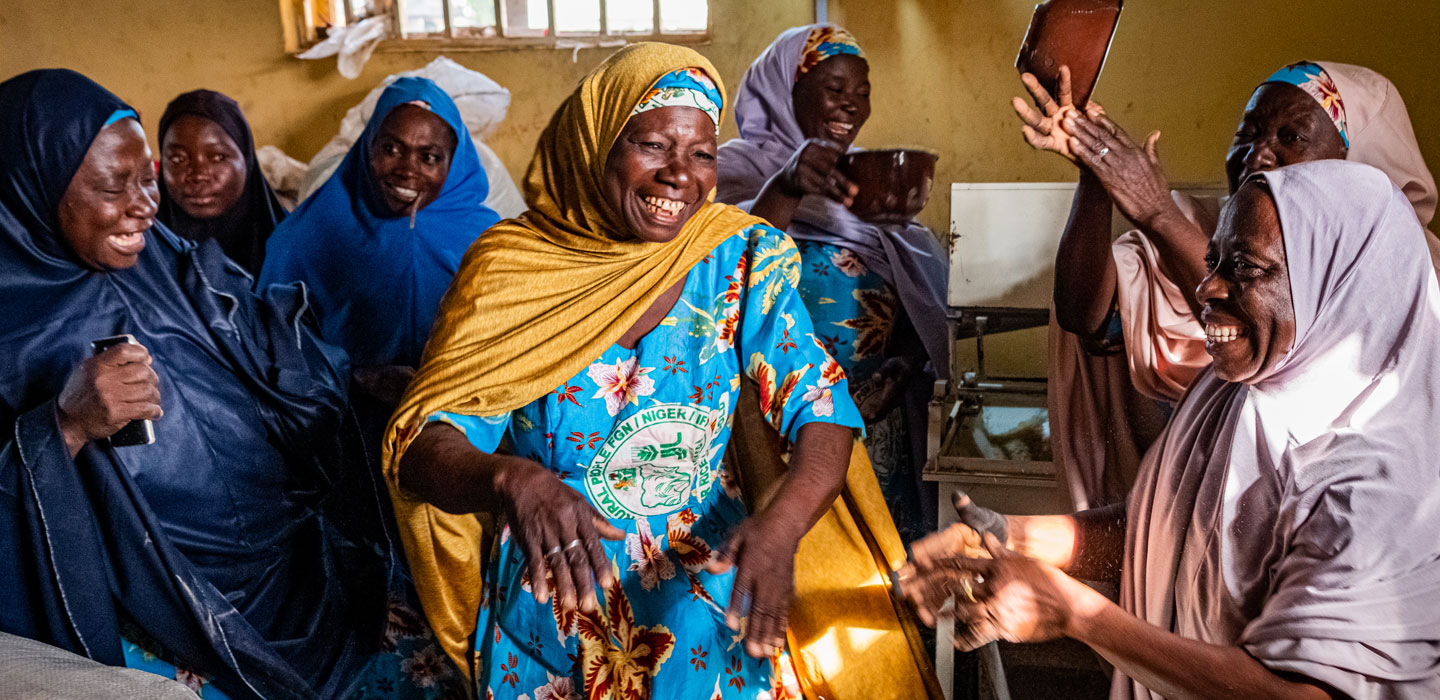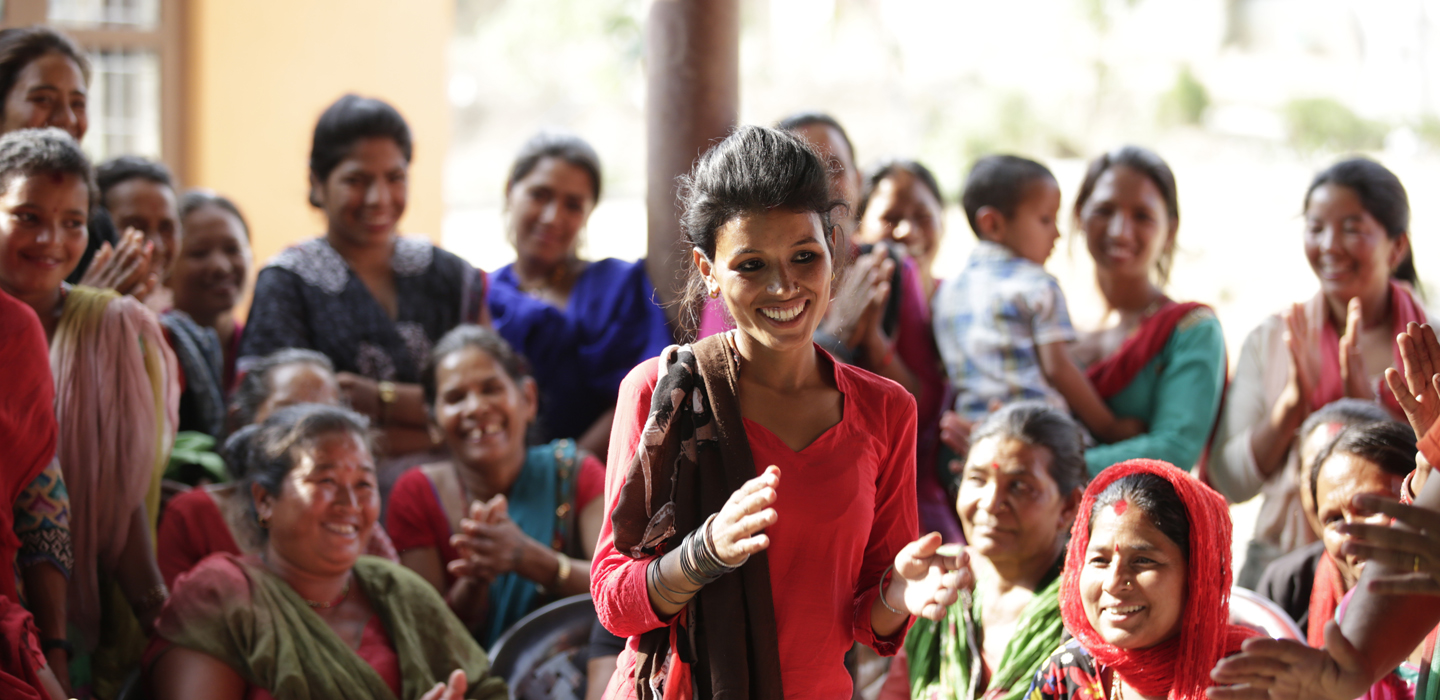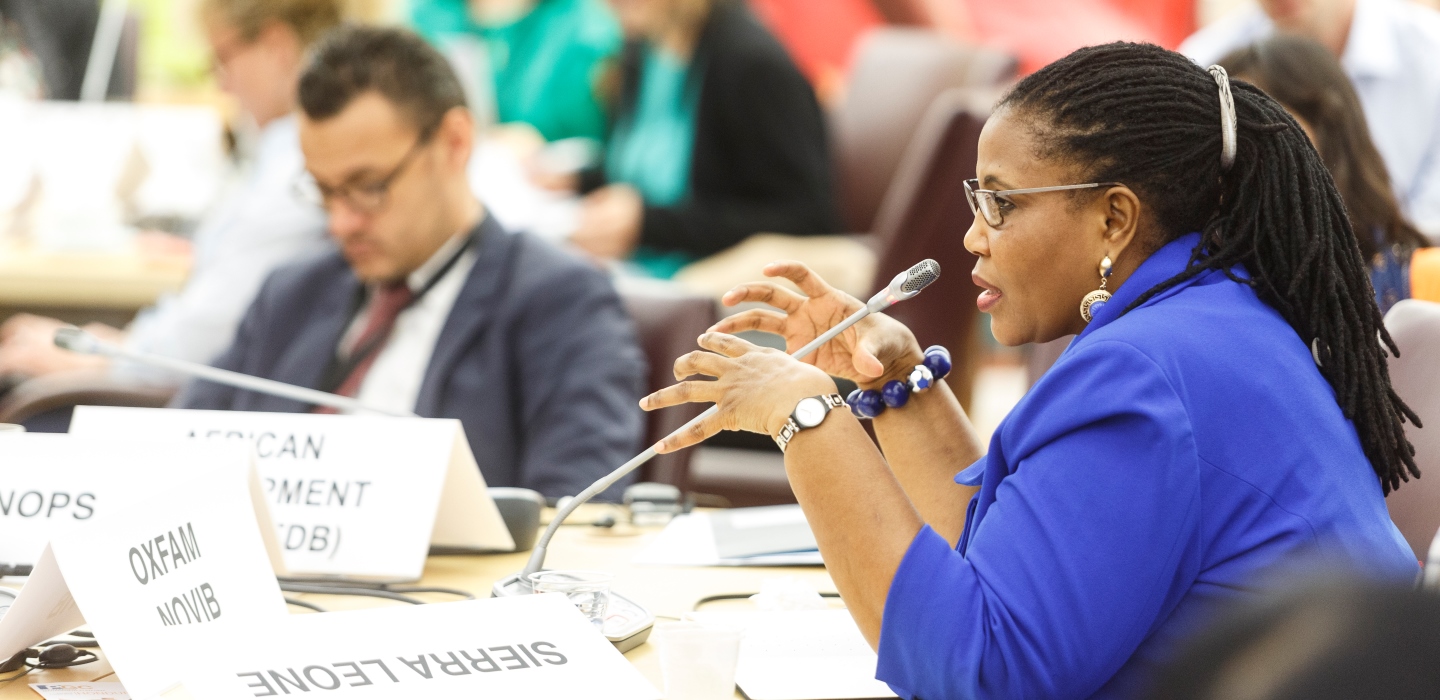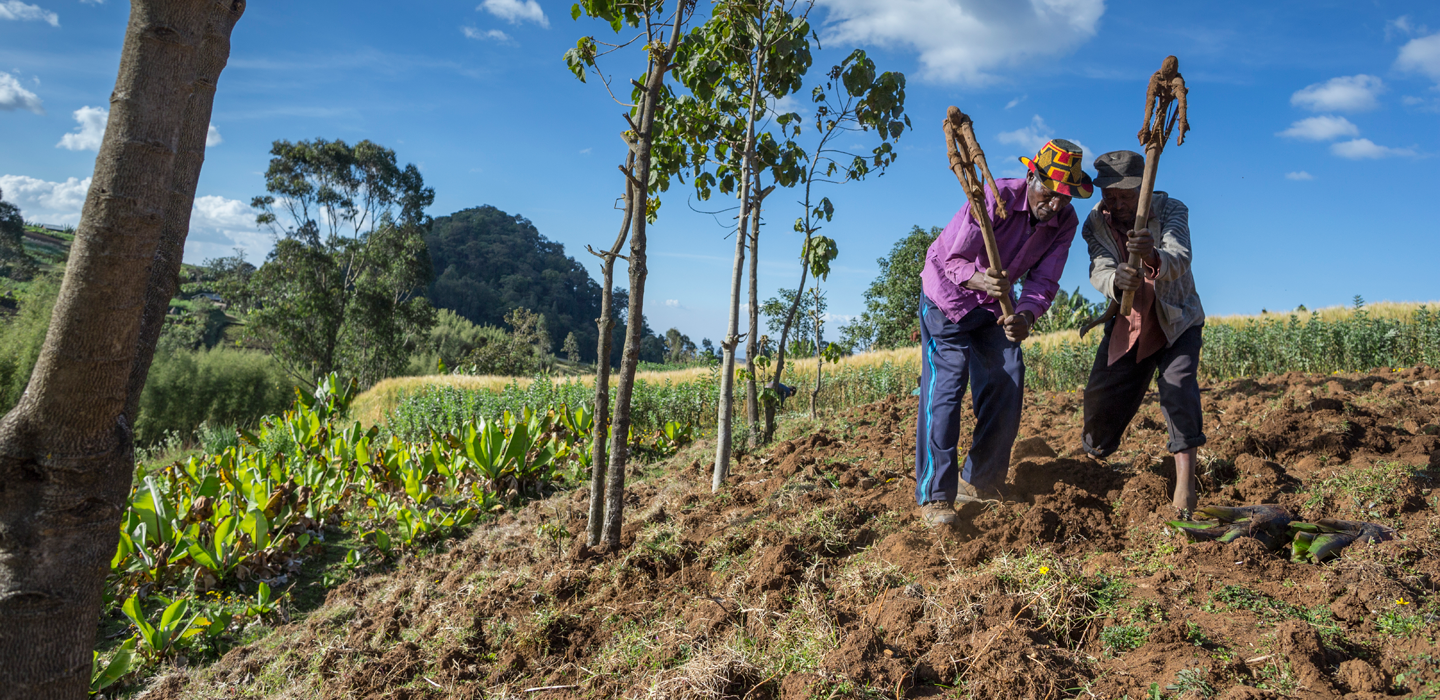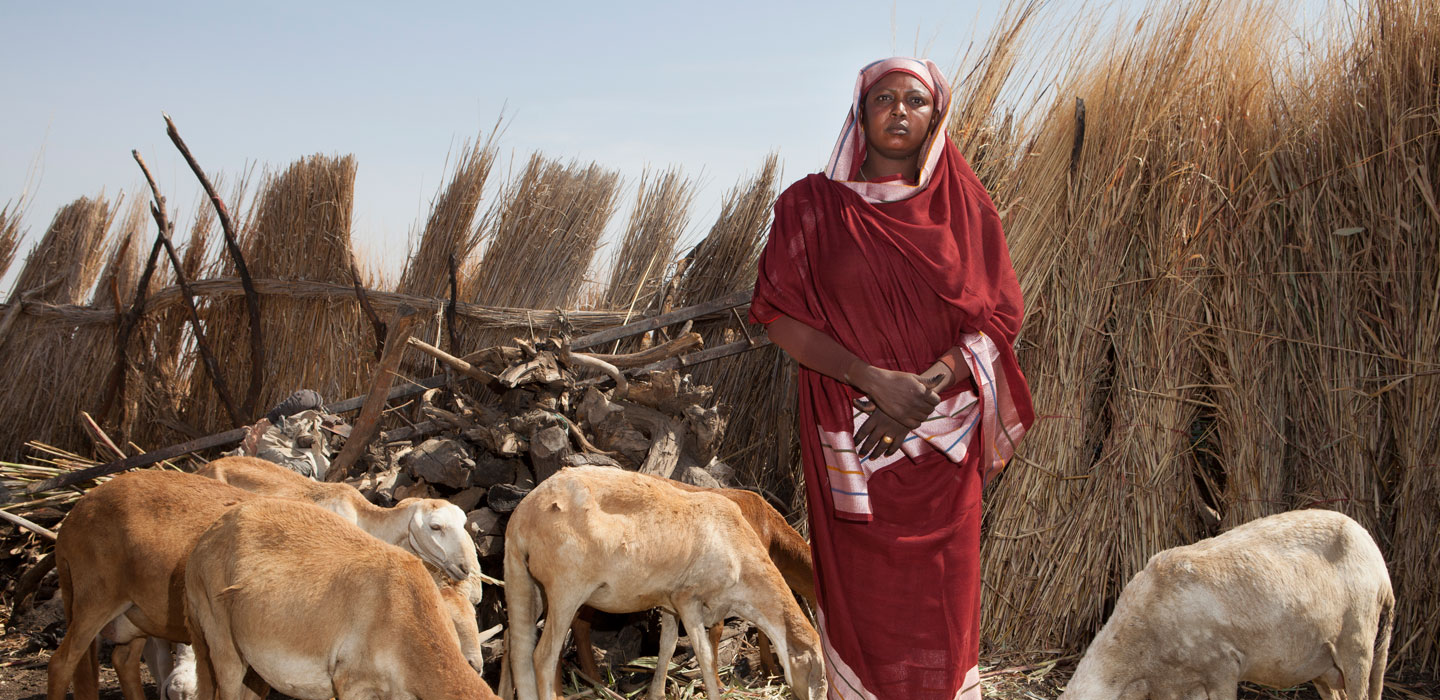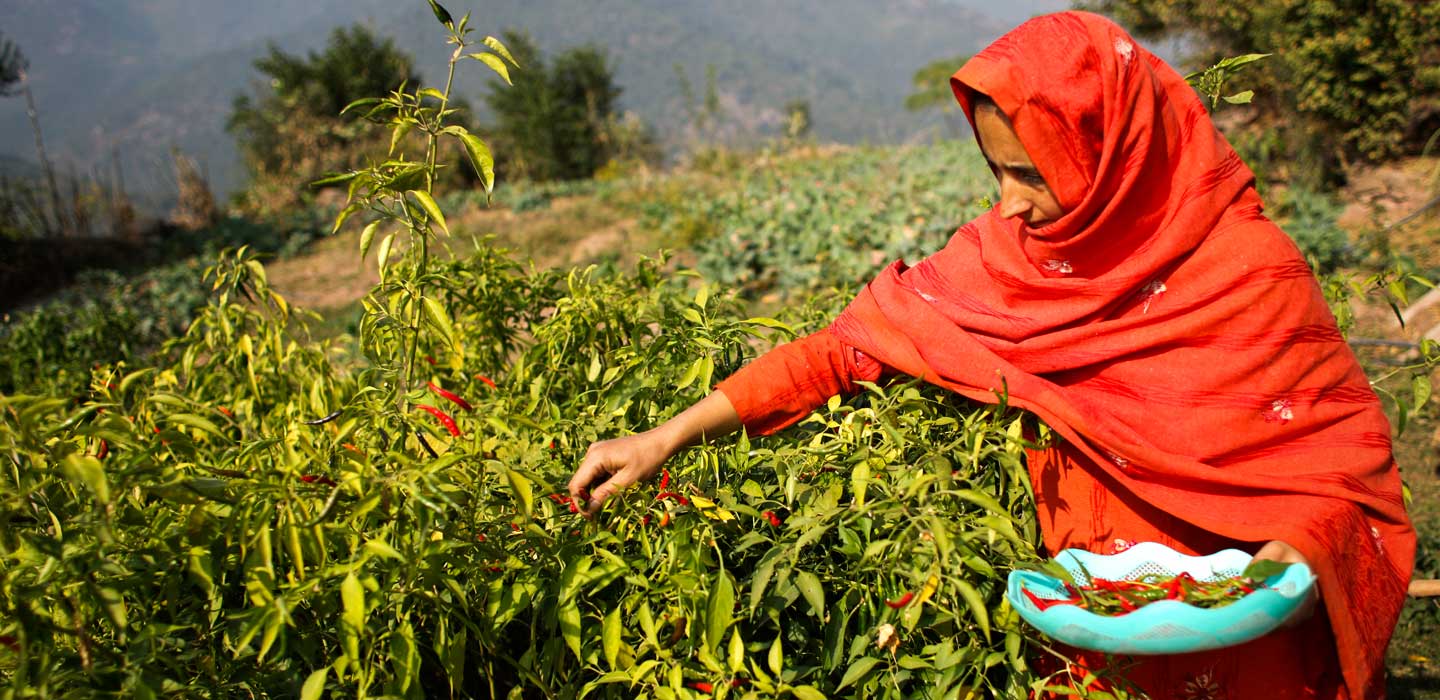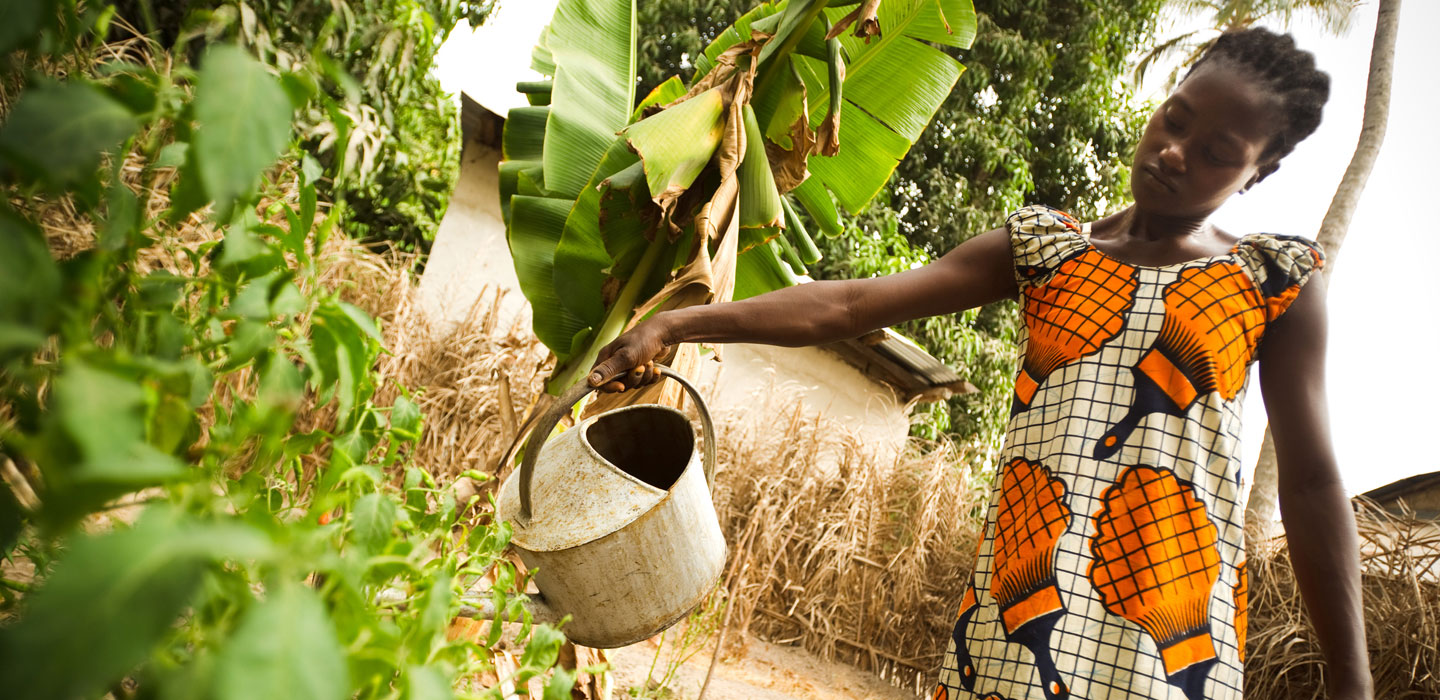Initiatives and facilities
Initiatives and facilities banner
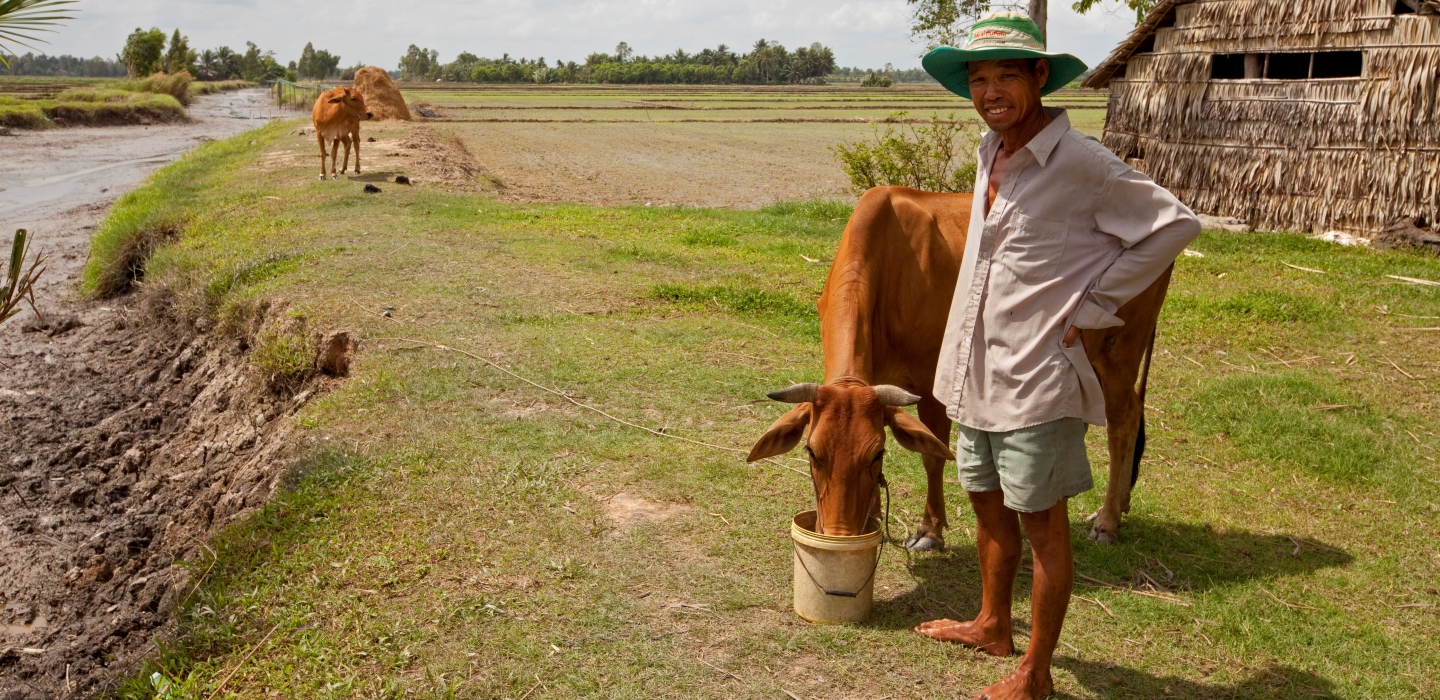
Initiatives and facilities
Menuweergave
-
Meer
Facility for Refugees, Migrants, Forced Displacement and Rural Stability Financing Facility for Remittances Indigenous Peoples Assistance Facility Insurance for Rural Resilience and Economic Development International Aid Transparency Initiative National Designated Authorities partnership platform International Land Coalition Platform for Agricultural Risk Management Rural Resilience Programme Smallholder and Agri-SME Finance and Investment Network Joint Programme on Accelerating Progress towards the Economic Empowerment of Rural Women Private Sector Financing Programme Gender Transformative Mechanism in the Context of Climate Adaptation Global gender transformative approaches initiative for women’s land rights Nourishing people and the Earth through inclusive and sustainable agriculture Crisis Response Initiative
Initiatives text
Innovations in support of rural transformation
As the world focuses on the 2030 Agenda for Sustainable Development, IFAD is championing a number of innovative programmes and platforms in support of a world without hunger and poverty.
From climate change adaptation and weather insurance, to increasing development impacts through remittances, the following programmes, initiatives, facilities and platforms are aimed at diversifying IFAD’s portfolio and channelling critically needed finance and support to smallholder farmers and rural people.
Browse some of our main initiatives and facilities below:
Contentverzamelaar
Contentverzamelaar
Adaptation for Smallholder Agriculture Programme (ASAP)
Agri-Business Capital (ABC) Fund
Agricultural research for development
Agricultural research is essential for sustainable and inclusive agricultural development. Research generates new technologies and improved policies which are essential for small-scale farmers who face the interconnected challenges of climate change, land degradation, gender biases, hunger and exploitation.
China-IFAD South-South and Triangular Cooperation Facility
The China-IFAD South-South and Triangular Cooperation Facility was established in February 2018 and is the first Facility in IFAD dedicated to SSTC.
IFAD Crisis Response Initiative
In response to the war in Ukraine, IFAD has set up the Crisis Response Initiative (CRI), which will protect livelihoods and build resilience in rural communities by addressing the urgent needs caused by the war while tapping into new market opportunities for small-scale producers.
IFAD’s Rural Poor Stimulus Facility
Given the magnitude of the challenge presented by this crisis, IFAD has launched a multi-donor COVID-19 Rural Poor Stimulus Facility (RPSF) to improve the resilience of rural livelihoods by ensuring timely access to inputs, information, markets and liquidity.
Pacific Islands Rural and Agriculture Stimulus Facility
The Pacific Islands Rural and Agriculture Stimulus (PIRAS) Facility is a collaboration between IFAD and the Australian Government, and part of IFAD’s Rural Poor Stimulus Facility (RPSF). PIRAS is a regional initiative aiming to minimize the impact of COVID-19 on rural households.
The Climate and Commodity Hedging to Enable Transformation (CACHET)
The Climate and Commodity Hedging to Enable Transformation (CACHET) is a financial solution designed to ensure revenue protection for smallholder farmers against climate-related disasters and price shocks. It aims at addressing two key challenges that are limiting the use of risk transfer mechanisms by smallholders: the lack of access and the limited sustainability of the existing schemes.
Platform for Agricultural Risk Management (PARM)
Insurance for Rural Resilience and Economic Development (INSURED)
IFAD’s INSURED programme (Insurance for Rural Resilience and Economic Development) aims to build the climate resilience of poor rural households, increase their capacity to manage climate risk and strengthen their livelihoods.
International Land Coalition (ILC)
The International Land Coalition (ILC) is the largest and most diverse coalition working on land rights in the world.
Facility for Refugees, Migrants, Forced Displacement and Rural Stability (FARMS)
In recent years, forced displacement has become a global problem of unprecedented scale, driven by conflict, violence, persecution and human rights violations. While the total number of displaced people reached an all-time high of nearly 60 million people in 2015, global attention has focused on the Near East and North Africa (NENA) region, where continued conflict and violence most acutely affect Iraq, Syria, Yemen and neighbouring countries.
Indigenous Peoples Assistance Facility
The Indigenous Peoples Assistance Facility (IPAF) is an innovative funding instrument that indigenous communities can use to find solutions to the challenges they face.
The Financing Facility for Remittances (FFR)
Over the past two decades, remittances have emerged as an important contribution to the well-being of migrant families and the development of communities of origin.
Diaspora Investment in Sustainable Rural Youth Entrepreneurship in Mali
Mali’s diaspora is 4 million strong, with 200,000 of these in Europe, primarily in France. The diaspora is key for Mali’s development, sending over US$1 billion in remittances in 2021 alone, making up almost 6 per cent of Mali’s GDP.
Global gender transformative approaches initiative for women’s land rights
The Global Gender Transformative Approaches initiative for Women’s Land Rights is a global initiative with the overarching goal to promote and strengthen women’s land rights through the integration of gender transformative approaches (GTAs) in rural development interventions in Bangladesh, Colombia, Ethiopia, The Gambia, Kyrgyzstan, Niger and Uganda.
Gender Transformative Mechanism in the Context of Climate Adaptation
IFAD’s Gender Transformative Mechanism (GTM) aims to equip over 20 million rural people across 20 countries with the information and innovations they need to adapt to climate change by 2030.
Joint Programme on Accelerating Progress towards the Economic Empowerment of Rural Women - JP RWEE
JP RWEE is a global initiative with an overarching goal to secure rural women's livelihoods and rights in the context of sustainable development and address the key challenges faced by rural women in Ethiopia, Guatemala, Kyrgyzstan, Liberia, Nepal, Niger, and Rwanda.
International Aid Transparency Initiative
National Designated Authorities partnership platform
IFAD and partners have established the NDA Partnership platform to promote policy dialogue, climate finance programming and capacity building for governmental officials acting as focal points for climate and environmental funds, namely the Green Climate Fund (GCF), the Global Environment Facility (GEF) and the Adaptation Fund (AF).
Rural Resilience Programme
The Rural Resilience Programme (2RP) is an innovative umbrella programme that will consolidate multiple sources of financing channeled to small-scale producers and their communities.
The Smallholder and Agri-SME Finance and Investment Network
The Smallholder and Agri-SME Finance and Investment Network (SAFIN) is an inclusive partnership of actors operating in different parts of the ecosystem for agri-food and rural small and medium enterprise (SME) investment, with a focus on access to finance and complementary services.
Private Sector Financing Programme
IFAD’s Private Sector Financing Programme (PSFP) is a financing facility designed to promote increased investment into small-scale agriculture. The facility offers financing directly to operating companies as well as financial intermediaries on-lending, investing or offering services to small farmers, rural poor and MSMEs.
